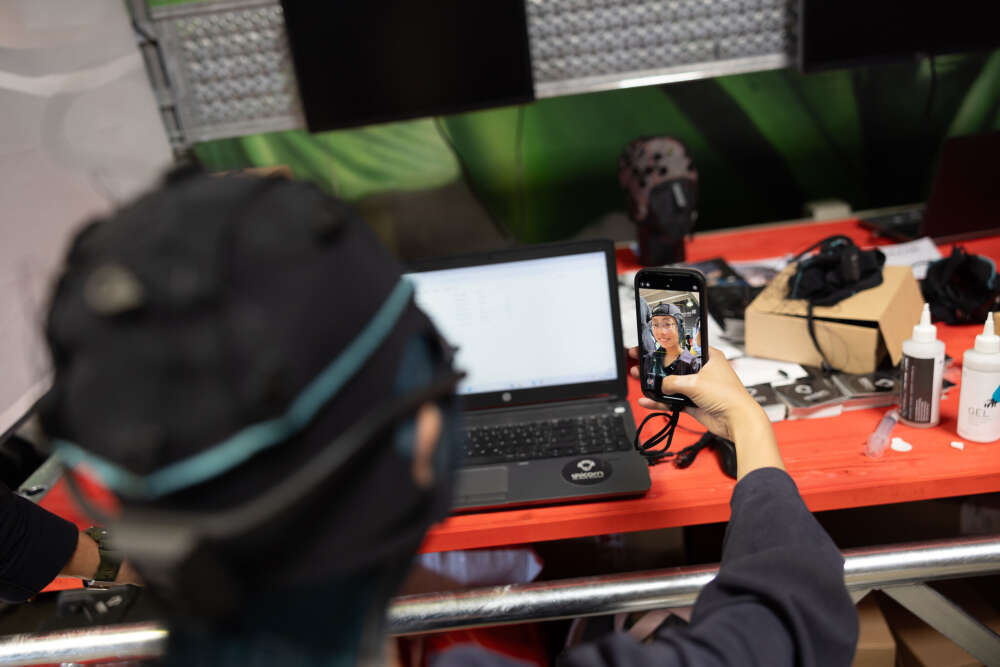Baseline Review of ICT-Related Processes and Events
Implications for International and Regional Security

Over the past five years, states have become increasingly engaged in a series of regional and international policy discussions and debates over “cyber security.” This engagement stems from a growing sense of insecurity regarding vulnerabilities in computer systems and related technologies, and how they can be exploited for malicious purposes. Vulnerabilities and threats in this environment have been recorded since the 1980s and both state and non-state actors have found innovative ways and means to respond to them. Yet, it was only in the past five to seven years that threats and vulnerabilities were elevated to the seat of high politics and strategy, and placed squarely (oftentimes with exaggerated passion) on national, regional and international security agendas.
The growing interest of states in “cyber security” has taken place against a background of important shifts in the global strategic environment: the rise of China as a global economic and regional military power; the global financial crisis, the effects of which are still resonating; and an increased assertiveness in international and regional politics on the part of many rising middle income states. The uncertainty in the international environment provoked by these shifts has added to the sense of complexity surrounding discussions and debates on “cyberspace” and the use of information and communications technologies (ICTs) for attaining political, military or economic advantage. Despite a flurry of activity in international and regional fora in response to these concerns, limited progress was made towards reaching consensus on any agenda before 2013.
In fact, the outcome of the World Conference on International Telecommunications (WCIT) in Dubai in December of 2012 confirmed deep divisions among states regarding how the Internet should be governed, and a growing overlap between Internet governance and national and international cyber security concerns.The outcome of the WCIT conference also confirmed a widening geopolitical divide between states with very different visions of cyberspace – and the Internet in particular: an open, bottom-up ICT environment or “cyberspace” underpinned by democratic values on the one hand, and a closed, top-down, state-dominated “information environment” protected by the principles of state sovereignty and non-interference on the other.
Notwithstanding, 2013 witnessed some positive developments with multi-lateral agreements within the framework of the United Nations (UN) and the Organization for Security and Cooperation in Europe (OSCE) on the applicability of international law and other existing norms and principles to cyberspace, confidence building measures (CBMs) and capacity building measures. Bilateral agreements between Russia and the U.S. on CBMs, and the initiation of other regional and bilateral processes were also promising signs.
The report is structured around the following three areas: international and regional security (the predominant focus); transnational crime and terrorism; and governance, human rights and development. These areas are obviously interdependent, with developments in one area often impacting another, yet they have traditionally been approached separately through distinct communities of practice and fora. This has been the case over the past fifteen years; yet more recent developments demonstrate that these policy areas are converging, thus constituting an opportunity for wider ranging agreements on the one hand, and greater risk of misunderstanding and tension on the other. The report will serve as a baseline for future annual reports with this specific one covering the period spanning January 2011 to December 2013. It also highlights some of the core policy events and processes to watch out for in 2014.
To read the full report, please visit the ICT for Peace Foundation website ↪ .







